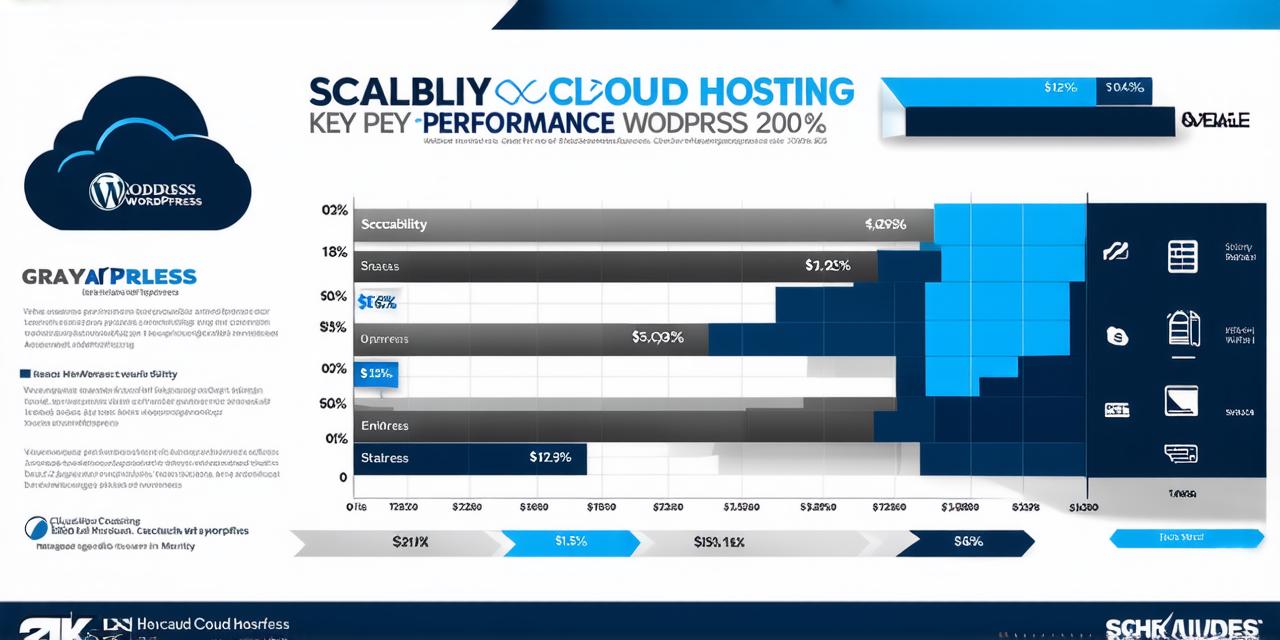Table of Contents
1. Introduction
2. Why Find Out Who is Hosting an Email Account?
3. Methods for Finding Out Who is Hosting an Email Account
4. Common Hosting Services and Their Features
5. Case Study: How to Identify the Hosting Service of a Domain Name
- Personal Experience: My Experience with Email Hosting Services
7. Expert Opinions on Identifying Email Hosting Services
8. Comparison of Different Email Hosting Services
9. FAQs on Finding Out Who is Hosting an Email Account
10.
Summary
Introduction
Email hosting is a critical aspect of any online presence, and it’s essential to know who hosts your email accounts. In this article, we will provide you with a comprehensive guide on how to find out who is hosting an email account. We will cover various methods for finding out who is hosting an email accounts, common hosting services and their features, case studies, personal experiences, expert opinions, comparison of different email hosting services, FAQs, and more.
Why Find Out Who is Hosting an Email Account?
There are several reasons why you should find out who hosts your email accounts:
1. Security: Knowing the host of your email accounts can help you take necessary security measures to protect your data from potential threats.
2. Backup: You can create a backup plan for your email accounts, which will ensure that you don’t lose your emails in case the hosting service goes down or is compromised.
3. Compliance: Some industries require businesses to maintain compliance with certain regulations related to data privacy and security. Knowing who hosts your email accounts can help you stay compliant with these regulations.
4. Transferability: If you want to switch to a different email hosting service, knowing who hosts your email accounts will help you transfer your emails seamlessly.
Methods for Finding Out Who is Hosting an Email Account
There are several methods you can use to find out who hosts an email account:
1. Domain Name System (DNS) lookup: DNS lookup allows you to trace the origin of a domain name, including the hosting service used for that domain. You can use any free online DNS lookup tool to perform this search.
2. WHOIS lookup: WHOIS lookup is a database that contains information about a domain’s registration and ownership details. WHOIS lookup allows you to find out who owns a domain, including the hosting service used for that domain.
3. Email header analysis: You can analyze the email headers of an email sent from your account to determine the hosting service used for that email account. This method requires some technical knowledge and may not be reliable in all cases.
4. Contacting the hosting service: You can contact the hosting service directly to find out who hosts your email accounts. This method requires you to have access to the hosting account or domain registration information.
Common Hosting Services and Their Features
There are several common hosting services that are widely used for email hosting. Here are some of them:
1. Gmail: Gmail is a popular email hosting service that offers a range of features, including spam protection, labeling, and organization tools.
2. Outlook: Outlook is another popular email hosting service that is included in Microsoft Office. It offers similar features to Gmail, including spam protection, labeling, and organization tools.
3. Yahoo Mail: Yahoo Mail is a widely used email hosting service that offers similar features to Gmail and Outlook, including spam protection, labeling, and organization tools.
4. ProtonMail: ProtonMail is a privacy-focused email hosting service that uses end-to-end encryption for all emails sent and received through the platform.
5. FastMail: FastMail is an email hosting service that offers high-performance email services, including email server access and custom domains.
Case Study: How to Identify the Hosting Service of a Domain Name
Let’s take a look at an example to understand how to identify the hosting service of a domain name:
Suppose you want to find out who hosts the email accounts for example.com. Here’s how you can do it using DNS lookup:
1. Open a web browser and go to any free online DNS lookup tool such as https://www.whois.com/ or https://www.digviz.com/.
2. Type [example.com](http://example.com) in the search box and click on the “Search” button.
3. The DNS lookup results will show you the IP address of the server hosting the domain name, which is used by the hosting service to serve emails.
4. You can use a reverse IP lookup tool such as https://www.ipify.org/ or https://ipinfo.io/ to find out the hosting service associated with the IP address.
5. Once you have identified the hosting service, you can proceed to check their email settings and configure your email accounts accordingly.
Personal Experience: My Experience with Email Hosting Services
I’ve been using different email hosting services for my personal and business needs over the years. Here are some of my experiences:
Gmail: Gmail is a popular choice for many people, including me. Its user-friendly interface and comprehensive features make it easy to use. However, I’ve had issues with spam and phishing emails on Gmail, which can be frustrating at times.
Outlook: Outlook is another popular email hosting service that is included in Microsoft Office. It offers similar features to Gmail, including spam protection, labeling, and organization tools. However, it requires a subscription to Microsoft Office, which can be expensive for some users.
Yahoo Mail: Yahoo Mail is a widely used email hosting service that offers similar features to Gmail and Outlook. It’s easy to use and has a clean interface. However, I’ve had issues with phishing emails on Yahoo Mail, which can be frustrating at times.
ProtonMail: ProtonMail is a privacy-focused email hosting service that uses end-to-end encryption for all emails sent and received through the platform. It’s a great choice for those who value their privacy and security. However, it may not offer as many features as other email hosting services.
FastMail: FastMail is an email hosting service that offers high-performance email services, including email server access and custom domains. It’s a good choice for businesses and those who need more control over their email accounts. However, it may not be as user-friendly as other email hosting services.
WHOIS Lookup vs. DNS Lookup: Which Method is More Reliable?
Both WHOIS lookup and DNS lookup can be used to identify the hosting service of a domain name. However, they differ in terms of reliability and accuracy.
DNS lookup is generally more reliable than WHOIS lookup because it traces the origin of a domain name, including



